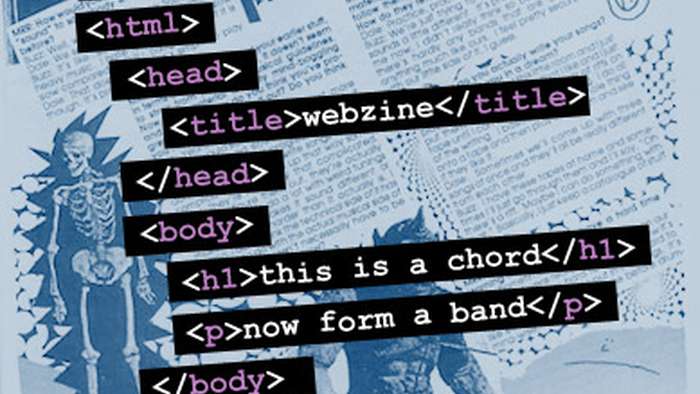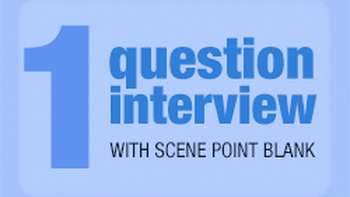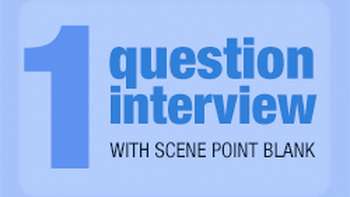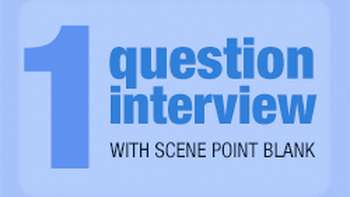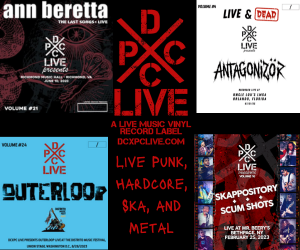 Marvin Lin - Tiny Mix Tapes
Marvin Lin - Tiny Mix Tapes
1. What is your name/publication/title?
Marvin Lin / Tiny Mix Tapes / Editor-in-Chief/Publisher
2. When did you start up? What was your intent in starting a webzine?
I started Tiny Mix Tapes in 2001 with some "real-life" friends, just as an outlet to talk about music at a time when we were all just beginning to start our lives in other areas of the US (due to college and other reasons). It started out purely as a hobby/passion, with no other intent in mind.
3. In the time you've been publishing, what do you feel has been the biggest change in the music scene/industry? How has this impacted your reporting of it?
Biggest shift by far is our readership's move toward digital media as the primary source for music listening/reading/etc. It's changed every single aspect of how we do things, from the type of coverage to the dynamic of our publishing.
4. Do you think the decline in sales of print-based music magazines is partly due to the rise of webzines? Do you think webzines themselves are now dropping off in favour of something newer?
They are obviously related, but I don't think that webzines are necessarily the cause of print media's decline. Perhaps the relative success of webzines has resulted in more writers pursuing venues online for their writing, but it's all more symptomatic of a much larger cultural and technological shift that's beyond the desires of web editors/publishers. As for the future: it's likely that there will continue to be more places to talk about and listen to music as we move forward. Whether webzines start dropping off in favor of something else depends on their ability and willingness to adapt. Maybe (hopefully) what separates a webzine from a blog from whatever else will become increasingly blurred too.
5. In terms of your readers, do they show any preference for any specific types of content? Do they favour multimedia features (mp3s, podcasts, videos, etc) or more traditional content types?
Our readers still mostly come for our criticism (e.g., our music reviews), but that's probably due in part because that's how TMT gained its reputation. But a really popular review in our mind doesn't inherently make it more valuable than a multimedia post on an obscure artist who needs more exposure.
6. How have online commenting systems developed since you've been publishing? Have you taken any steps to “manage” the community of fans posting on your site?
Aside from our mixtapes section, which is almost completely run by our readers, we don't have much interaction. It's pretty archaic. We've talked about implementing a commenting system periodically throughout the years, but we always end up deciding against it and are trying to figure out different ways to involve our readers. (We'll be resurrecting our short-lived debates section in the near future.)
7. What do you think the future is for web publishing? Do you have any plans to cater for users on different platforms (mobile devices, social networks, apps like Spotify)? Would you ever consider experimenting with print?
As the web becomes even more "social," seems like web publishing aims to provide content that will spread quickly as a way to embed itself in social conversations. These days, that means linkbait articles at the expense of critical analysis. But I don't think that's inherently negative, and also don't believe the two are mutually exclusive. I think it's healthy that we're all trying to figure out ways to provide content to an increasingly social audience. The challenge, at least for us, is to find a way to do that without sacrificing what we care about most. As for other platforms, we are definitely planning to cater more toward our social networks, and we already have a mobile version of the site. We'd never rule out doing print, but I'd personally only want to do it if we can find a creative way to use the medium that can't be replicated on the internet.
